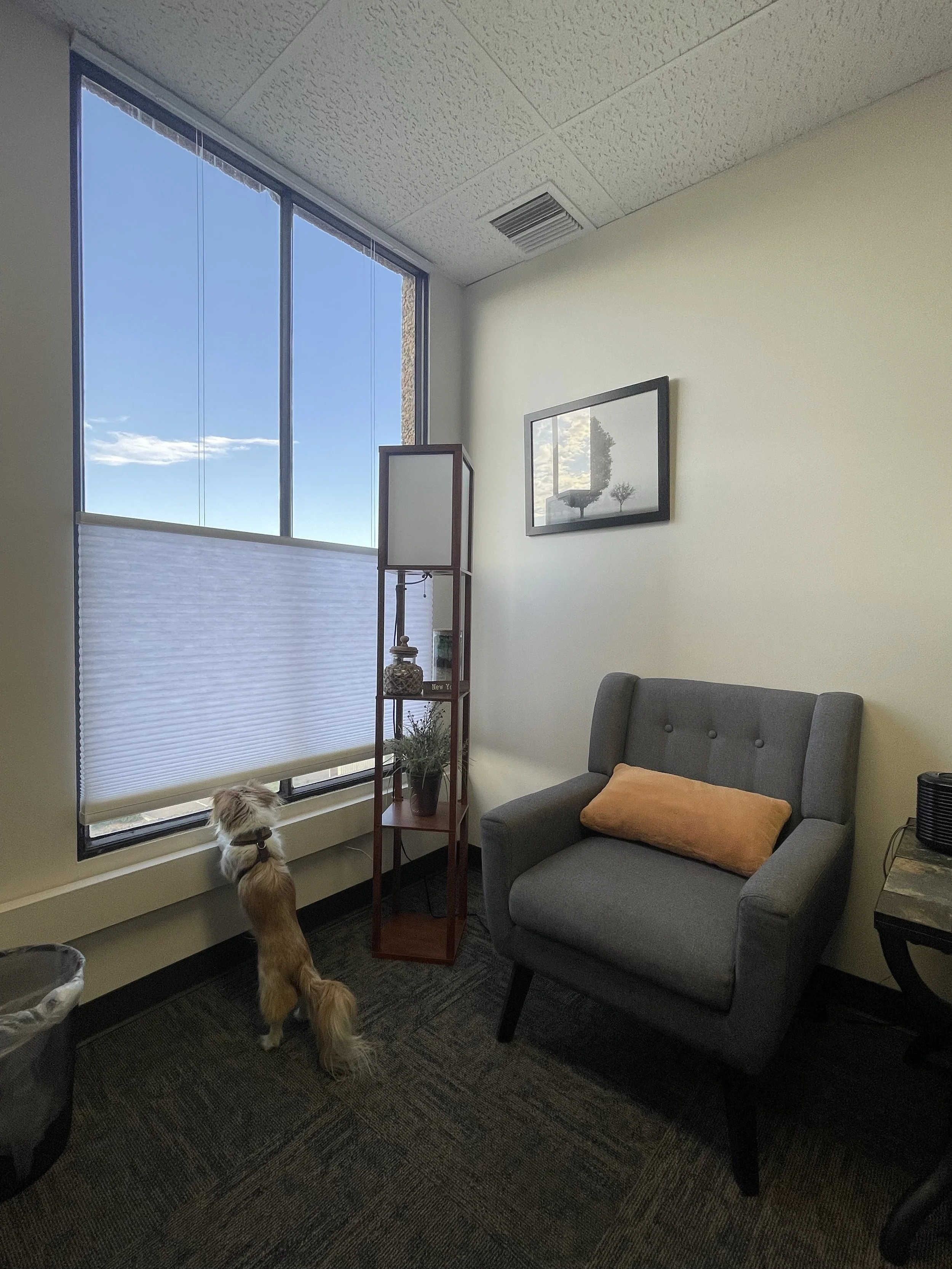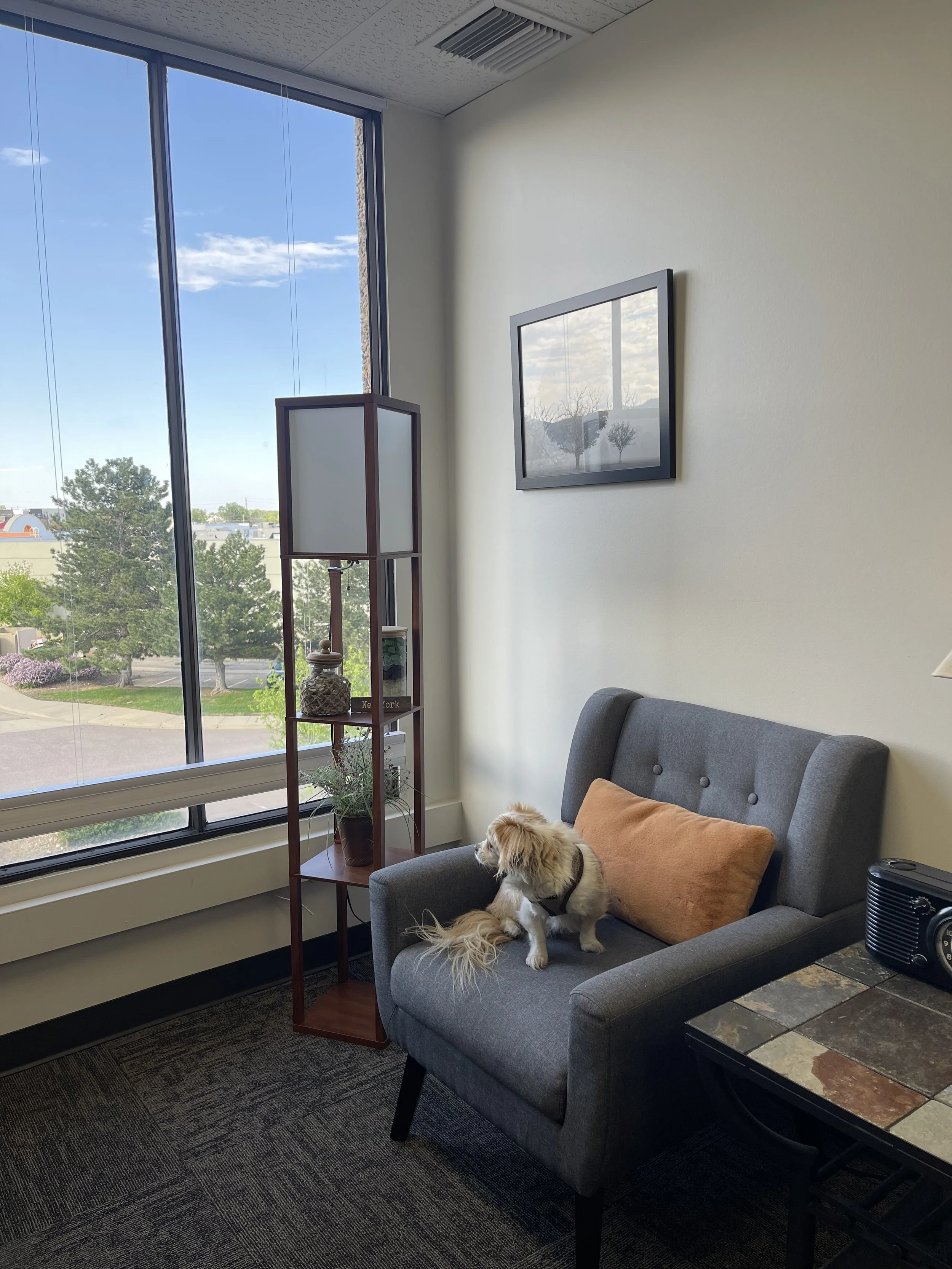Why We Treat the Whole Person, Not Just the Symptoms
At Empowered Psychiatry, we often hear new patients say something like, “I just want my anxiety to go away,” or “I need help sleeping, can you prescribe something?” These concerns are completely valid. When you’re struggling, symptom relief feels urgent—and it is. But effective, sustainable psychiatric care requires more than just addressing symptoms. It requires understanding the whole person behind them.
Symptom-Driven Care Often Misses the Bigger Picture
Traditional medical models tend to focus on symptoms in isolation. Trouble sleeping? Prescribe a sedative. Depressed mood? Start an antidepressant. But symptoms are messengers, not just problems to be silenced. They point us toward deeper stories—unmet needs, trauma histories, nervous system dysregulation, hormonal imbalances, or lifestyle patterns that aren’t working anymore.
When care is too narrowly focused on surface-level symptoms, patients often end up cycling through medications without lasting relief. Or worse, they feel like they’re being treated as a checklist instead of a complex human being.
What Does Whole-Person Integrative Psychiatry Actually Mean?
At Empowered Psychiatry, we take a biopsychosocial-spiritual integrative approach to care. That means we explore:
Biological factors like genetics, sleep, nutrition, hormones, and neurochemistry
Psychological factors like trauma history, attachment patterns, and internal beliefs
Social factors including relationships, systemic stressors, identity, and support systems
Spiritual or existential factors like meaning, purpose, and values
We also consider the body’s role in healing. Sometimes anxiety is less about thoughts and more about chronic overstimulation of the nervous system. Sometimes depression is tied to unprocessed grief or burnout from living in survival mode too long. These deeper layers matter.
The Goal Isn’t Just to Feel “Less Bad”—It’s to Heal
Of course we want you to sleep better, feel more focused, or cry less often. But our larger goal is to help you feel more regulated, more connected, and more empowered in your life. That sometimes means pausing to explore why you’re numb, not just medicating the numbness. Or supporting your recovery from trauma instead of only managing panic attacks.
Whole-person psychiatry isn’t about throwing everything at the wall—it’s about finding the specific combination of tools, insights, and supports that allow you to heal.
Why It Matters
Mental health care should feel collaborative, not transactional. You deserve a provider who’s curious about your story—not just your symptoms. Someone who sees the wisdom in your body’s responses, even when they’re painful. Someone who understands that healing is both science and art.
By treating the whole person, we not only reduce suffering—we also help you reconnect with your strengths, reclaim your agency, and build a life that feels more like yours.


